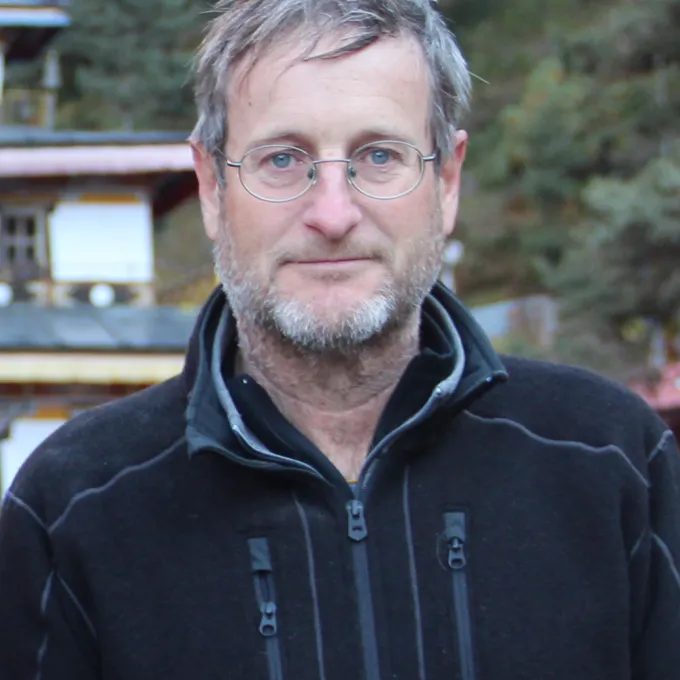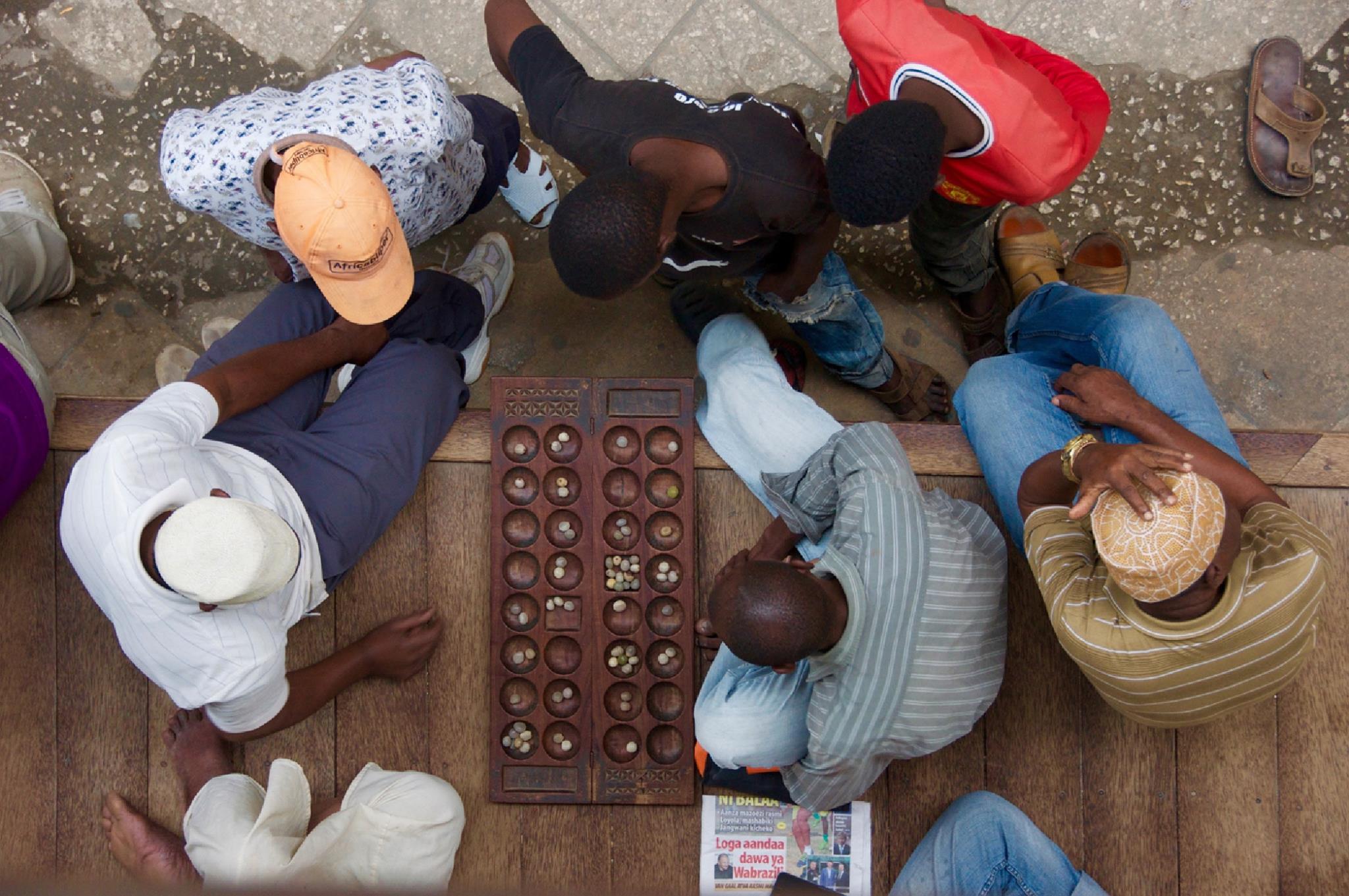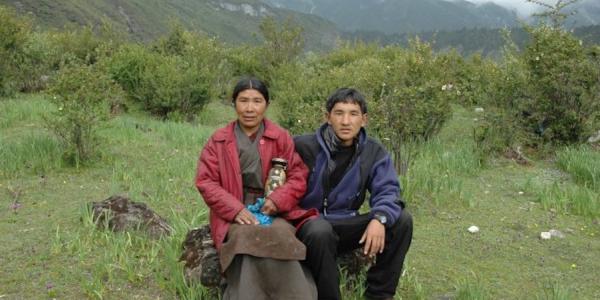Research Projects
Population regulation, resources, and family management strategies in the agro-pastoral communities of Nubri, Nepal
This resulted in a PhD in Anthropology and Tibetan Studies from Indiana University, and several publications including Tibetan Diary (2004, University of California Press), a book that is widely used in undergraduate courses. I return to Nubri regularly, and am involved with the non-profit organization Nepal SEEDS (www.nepalseeds.org) that supports traditional medical practitioners, women’s health programs, and a secular education system that promotes the indigenous language.
Historical demographic research centering on the affects that the traditional Tibetan land tenure system had on family management strategies and fertility outcomes in Kyirong District, Tibet
For this research I pioneered methods for analyzing data from a 1958 Tibetan household register, then tracked down and interviewed over 150 people who had been enumerated in that document fifty years ago. In brief, the land tenure system provided strong incentives for people to practice fraternal polyandry, the custom whereby brothers take a common wife. This moderated aggregate fertility by excluding many women from marriage.
The political and social contexts of family planning among Tibetan exiles living in South Asia
The project derived from the identification of a rapid fertility decline among Tibetan exiles during the 1990s which raised a paradox: how could fertility decline so rapidly in the context of a strong pronatalist movement? As it turned out, individual families’ concerns over raising high-quality children trumped nationalistic calls to produce many kids for the benefit of the nation.
The impacts that rapid development is having on inter-generational relations and care for the elderly in rural areas of China’s Tibet Autonomous Region
This collaborative project with Melvyn Goldstein (Case Western Reserve University) and Puchung Wangdui (Tibet Academy of Social Sciences) has challenged the notion that development’s impact is necessarily negative on the well-being of the elderly. In addition, we have provided some of the most in-depth and ethnographically informed perspectives on social, economic, and demographic changes occurring in Tibet in the wake of China’s massive development efforts.
Selected Publications
Books
Childs, Geoff and Choedup, Namgyal. 2018. From a Trickle to a Torrent: Education, Migration, and Social Change in a Himalayan Valley of Nepal. University of California Press.
Childs, Geoff. 2008. Tibetan Transitions: Historical and Contemporary Perspectives on Fertility, Family Planning, and Demographic Change. Leiden: Brill.
Childs, Geoff. 2004. Tibetan Diary: From Birth to Death and Beyond in a Himalayan Valley of Nepal. Berkeley: University of California Press.
Journal Articles
Childs, Geoff and Namgyal Choedup. 2015. From Servant (g.yog mo) to Disciple (slob ma): Modernity, Migration, and Evolving Life Course Options for Buddhist Nuns. In From Bhakti to Bon: Festschrift for Per Kvaerne. Oslo: Novus.
Geoff Childs, Namgyal Choedup. 2014. Indigenous Management Strategies and Socioeconomic Impacts of Yartsa Gunbu (Ophiocordyceps sinensis) Harvesting in Nubri and Tsum, Nepal. Himalaya 34(1): 8-22.
Geoff Childs, Sienna Craig, Cynthia M. Beall, and Buddha Basnyat. 2014. Depopulating the Himalayan Highlands: Education
and Outmigration From Ethnically Tibetan Communities of Nepal. Mountain Research and Development 34(2): 85–94.
Goldstein, Melvyn C., Geoff Childs and Puchung Wangdui. 2010. Beijing’s “People First” Development Initiative for the Tibet Autonomous Region's Rural Sector--A Case Study from the Shigatse Area. The China Journal 63:57-75.
Goldstein, Melvyn C., Geoff Childs and Puchung Wangdui. 2008. “Going for Income”: A Longitudinal Analysis of Change in Farming Tibet, 1997-98 to 2006-07." Asian Survey 48(3):514-534.
Childs, Geoff and Gareth Barkin. 2006. Reproducing Identity: Using Images to Promote Pronatalism and Endogamy among Tibetan Exiles in South Asia. Visual Anthropology Review 22(2):34-52.
Childs, Geoff, Melvyn C. Goldstein, Ben Jiao and Cynthia M. Beall. 2005. Tibetan Fertility Transitions in China and South Asia. Population and Development Review 31(2):337-349.
Childs, Geoff. 2005. Methods, Meanings, and Representations in the Study of Past Tibetan Societies. Journal of the International Association for Tibetan Studies 1(1):1-13
Childs, Geoff. 2005. Namas (mna' ma) and Nyelus (nyal bu): Marriage, Fertility, and Illegitimacy in Tibetan Societies. In Tibetan Identity and Change: Along the Margins, ed. C. Klieger. Leiden: Brill.
Childs, Geoff. 2004. Ethnographic and Demographic Analysis of Small Populations Using the Own-Children Method. Field Methods 16(4):379-395.
Childs, Geoff. 2003. Polyandry and Population Growth in a Historical Tibetan Society. The History of the Family 8(3):423-444.
Childs, Geoff. 2001. Demographic Dimensions of an Inter-Village Land Dispute in Nubri, Nepal. American Anthropologist103(4):1096-1113.
Childs, Geoff. 2001. Old-Age Security, Religious Celibacy, and Aggregate Fertility in a Tibetan Population. Journal of Population Research 18(1):52-66.





